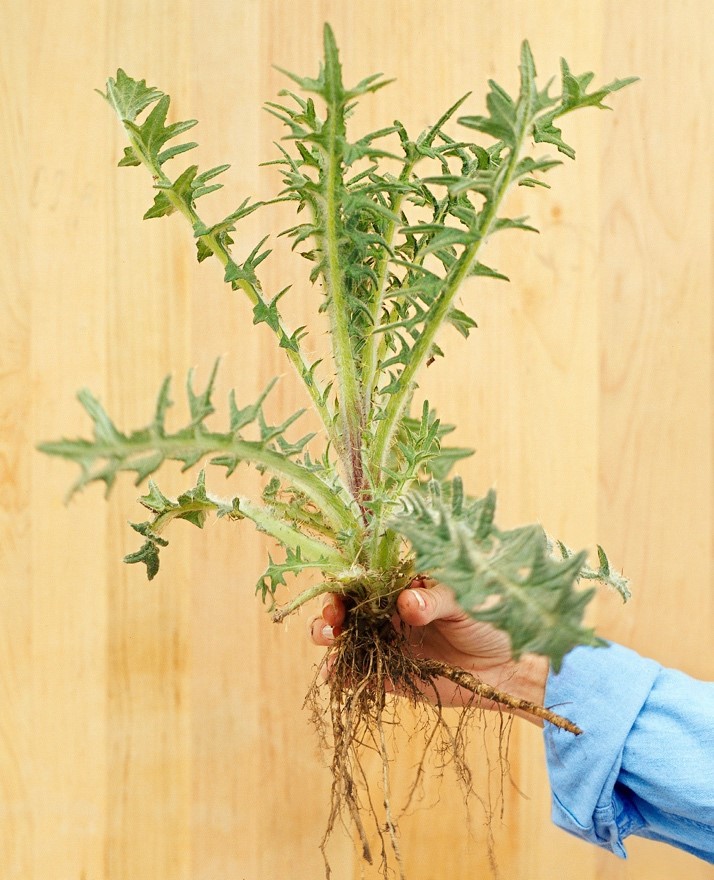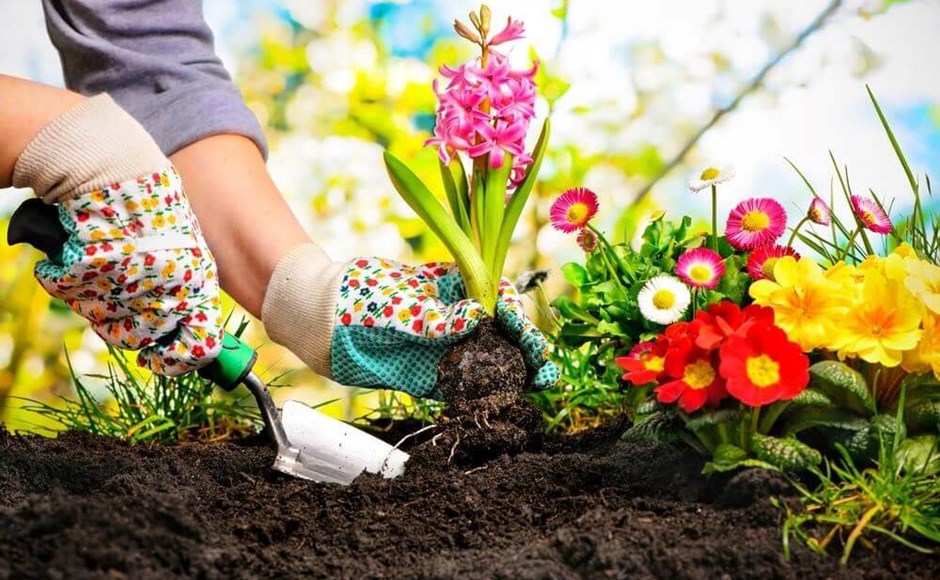Source: Maximum Yield
April is National Lawn and Garden Month! While we’re all (hopefully) following quarantine guidelines and spending extended time at home, if you have a backyard area, tending to it is a great way to get fresh air while following social distancing recommendations. Whether it be through landscaping, maintenance, or growing vegetables, flowers and herbs in the garden, devoting time to your outdoor space is not only a great physical activity but will give you a dose of vitamin D, peace of mind and a sense of productivity. It may even be fun to get the kids involved!
But just because we’re working on our outdoor environment doesn’t always mean we’re being environmentally conscious in doing so. With an influx of products filled with poisons and hazardous chemicals, obtaining a ‘quick-fix’ for our outdoor obstacles may mean we’re putting our health, safety, pets and planet at risk. Here are a few ways to kick off lawn and garden month with a sustainable start:
- Natural DIY Weed Killer
Pesky weeds may pose the biggest threat to obtaining healthy lawn and garden growth, but killing them with dangerous chemicals, like glyphosate, creates a whole new string of issues, too. Instead, opt for a more natural solution like a DIY home remedy, consisting of one gallon of white vinegar, one cup of salt and one tablespoon of liquid dish soap. Spraying this on weeds, especially on patios and home foundations, has long proven to be an effective solution, however it may not get to the “root” of the issue. If you find the weeds are still growing back, try pulling them up with a stand up weed and root remover like this popular Amazon choice. While this may be a bit more of a work-out, it will directly deal with the problem without spraying anything toxic onto the yard.

- ‘Push’ Gas Mowers Aside
Speaking of workouts, replacing your gas lawn mower with a push lawn mower may be more labor intensive, but will make a big environmental difference. Though they may be easier and more efficient to use, gas powered lawn mowers contribute heavily to air pollution, emitting carbon dioxide, carbon monoxide, volatile organic compounds and nitrogen oxides. In fact, according to the Union of Concerned Scientists, one gas lawn mower that is running for an hour “emits the same amount of pollutants as eight new cars driving 55mph for the same amount of time.” Scary stuff. Electronic lawn mowers definitely use cleaner energy than gas, but manual mowers are the environmentally-friendliest option. So, while we may not be able to go to the gym, this is a great way to combine a workout with yardwork!
- Invest in a Rain Barrel
A rain barrel is a great sustainable tool to use for lawn and garden care. Rather than letting rainwater go to waste down the sewer drain, collecting it in a barrel from the downspouts helps conserve water to then use for your garden. These eco-friendly options comes with a hose attached and are made of recycled, BPA-free materials, with its largest option holding as much as 75 gallons of water!

- Choose an Eco-Friendly Fertilizer
While there is a lot of debate surrounding this, for those wanting to move away from using synthetic fertilizers due to negative long-term effects of soil and an increased risk of water pollution, there are luckily many organic options that act as a safer, natural alternative. Organic fertilizers provide ample nutrients to plants and both improves the soil’s structure and its ability to hold nutrients and water in the long term. One of the most reputable brands of organic fertilizers and soils is Kellogg’s Garden, which you can learn more about here.
- Start Composting
Composting is a great way to reduce landfill waste, reduce greenhouse gas emissions and recycle essential nutrients back into the soil as it naturally decomposes. If you haven’t done it already, this is a great time to start composting from home. If done right, kitchen food scraps like eggshells, coffee grounds, fruits and vegetables and yard clutter like dry leaves and twigs will turn into rich soil after a few weeks. Adding a layer of compost into the garden soil will provide improve the quality and fertility of your garden soil while providing natural nutrients for vegetables and flowers. For more on composting 101, check out this helpful article here.
Now let’s see if April showers bring May flowers!

 Food
Food Farmers
Farmers Sustainable Living
Sustainable Living Living Planet
Living Planet News
News